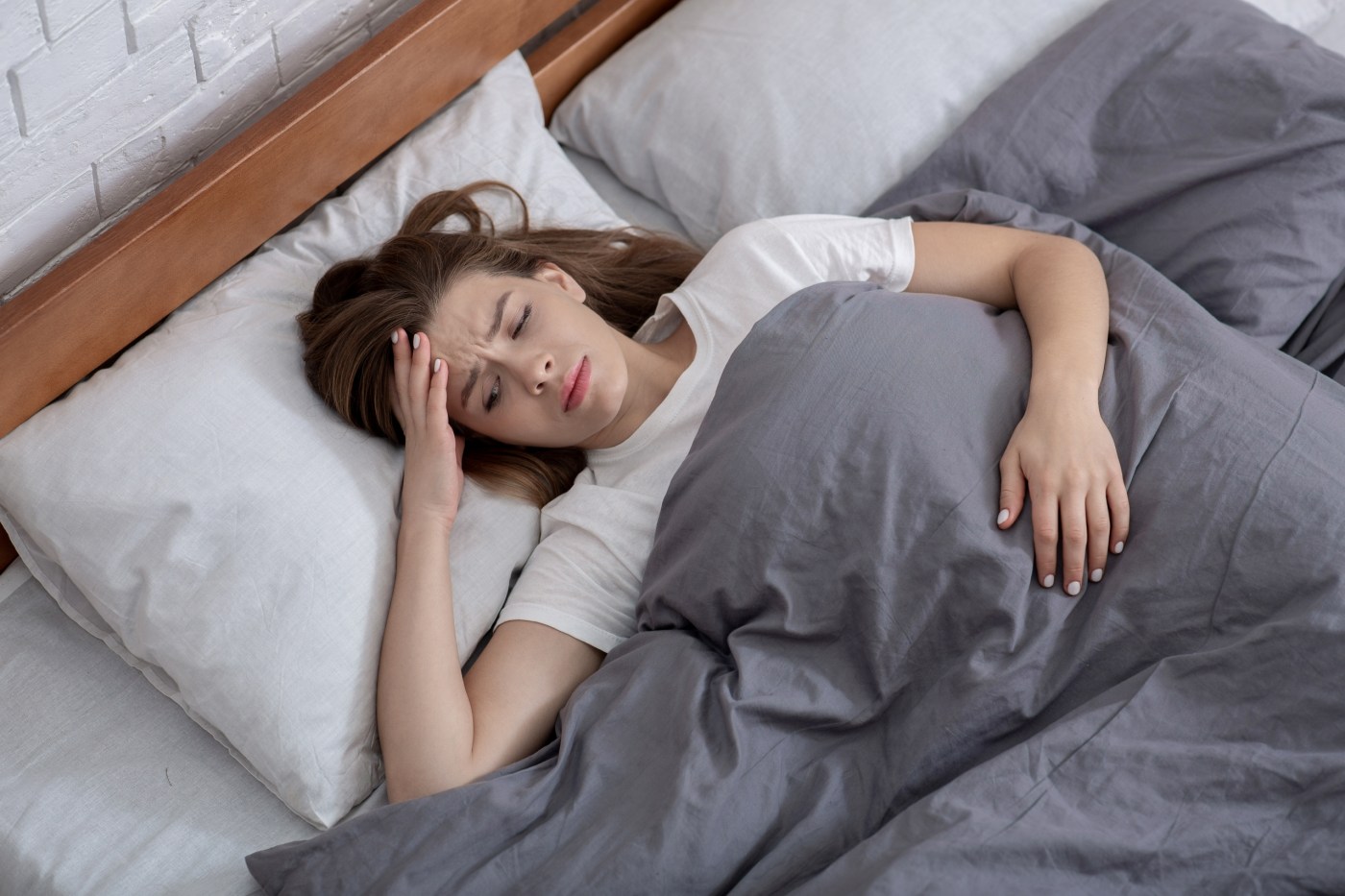Some patients with PTSD find advantages to starting treatment with psychotherapies, such as cognitive processing therapy, or self-care approaches, such as meditation, yoga, and exercise. However, for many people, insomnia and other severe symptoms must be urgently treated because of the distress and impairment that they cause. In such cases, it may be impractical to withhold medication for the time needed to test alternatives.
So says Dr. John Krystal, a psychiatrist with VA’s National Center for PTSD. He has co-authored studies that have examined the efficacy of drugs for Veterans with chronic military-related PTSD.
Currently, Krystal is leading a study that is comparing three FDA-approved drugs for their ability to treat Veterans with PTSD who have insomnia, one of the most common and hardest-to-treat symptoms for patients with that mental health condition. While there are no FDA-approved drugs for treating insomnia in this population, he says, physicians often prescribe FDA-approved medications for other clinical applications to patients with PTSD-related insomnia. These are called “off-label” prescriptions.
“Most of the Veterans in our study have suffered from PTSD and insomnia symptoms for several years,” says Krystal, who is also affiliated with the VA Connecticut Healthcare System and the Yale School of Medicine. “These Veterans continue to have symptoms despite treatments with psychotherapy and medications. It turns out that insomnia is one of the most persistent symptoms associated with PTSD, and it often fails to respond to both of the FDA-approved drugs for PTSD – sertraline and paroxetine.”
Three drugs in trial have different applications
In a double-blind trial, Krystal and his team will compare the drugs trazodone, eszopiclone and gabapentin to placebo. All three contain sleep-inducing ingredients but work in different ways. Trazodone is approved for treating depression and eszopiclone for treating insomnia. Gabapentin, an epilepsy medication, is also prescribed for such conditions as migraine headaches, pain and mood disorders.
The researchers are aiming to recruit 1,224 Veterans from about 30 VA medical centers. The participants must have PTSD and at least moderate levels of insomnia as measured at baseline according to the Insomnia Severity Index (ISI), a questionnaire designed to assess the severity of insomnia.
Veterans who meet the inclusion criteria will be randomized within each site to receive one of the three drugs or placebo. They will take the medication every night. All four treatments will be identical in their appearance and the number of pills the Veterans take. The pills should also taste the same when first consumed.
Clinical wisdom of the psychiatrists
Over the four-month study period, the participants will conduct eight in-person visits lasting 30 minutes each. They will also answer questions about themselves, their PTSD symptoms and their quality of life. Some visits will include blood and urine tests, an electrocardiogram, or other physical exams.
The researchers plan for the four study arms to include an equal number of Veterans. However, they will do a midpoint analysis and eliminate any ineffective drugs other than placebo, before randomizing the patients to the remaining arms. That strategy increases the likelihood that the investigators will find at least one effective treatment, Krystal notes.
“We are betting on the clinical wisdom of the psychiatrists treating patients with PTSD in VA,” he says. “By testing the most widely prescribed drug classes, we think it’s likely that at least one of these medications will turn out to be sufficiently effective in order to demonstrate effectiveness in a rigorous clinical trial.”
More Information
Click here to read the full story.
Click here to learn more about VA research.
Topics in this story
More Stories
This week, VA’s Office of Research and Development (ORD) published three new articles spotlighting research that advances care for Veterans in heart health, mental health and health-system navigation.
VA is putting Veterans in the driver's seat for making medical appointments.
Larry Trujillo lost 44 pounds and improved his relationship with food during the 90-day TeleMOVE! telehealth program.






I hope there are females in this “experiment” that have PTSD, and might be medication sensitive. I’ve been taking Trazodone for about a year and there are several nights that I have to double the dose and nights that even the double dose doesn’t work. I continue to take Trazodone for the nights it DOES work since some sleep is always better than no sleep.
Currently taking Prozac…took gabapentin “as needed” when feeling extra anxious or depressed. Only made it worse. Though, marijuana is still “illegal” federally, depending on your state, I’ve found that THC with high levels of CBN help me fall asleep faster, stay asleep longer, & enter the REM stages so I wake up feeling rested.
You take all the medications that have been effective for patients for decades take them away and create a crisis to be solved. It’s all too much, it’s not surgeons playing god but too many mental health and PMR social workers and providers ignoring patients to do as they wish regardless of patient outcomes.